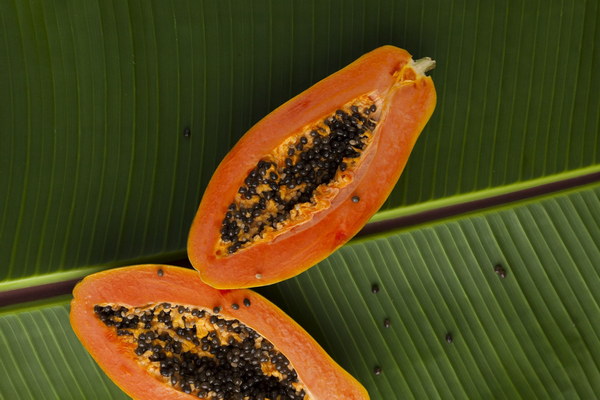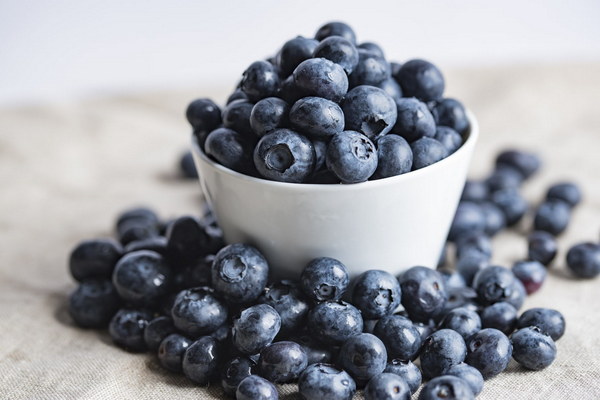Can Lobster Help Nourish Your Kidneys A Nutritional Insight
Lobster, with its succulent meat and exquisite taste, has long been a delicacy on the menus of fine dining establishments. But beyond its culinary appeal, there's a growing curiosity about the potential health benefits of this crustacean. One of the most debated questions is whether lobster can help nourish the kidneys. In this article, we will explore the nutritional properties of lobster and its possible effects on kidney health.
Firstly, it's important to understand the role of kidneys in the body. The kidneys are vital organs responsible for filtering waste products from the blood, maintaining electrolyte balance, and regulating blood pressure. When the kidneys are not functioning properly, it can lead to a range of health issues, including kidney disease. Therefore, it's crucial to consume a balanced diet that supports kidney health.
Lobster is a rich source of various nutrients that may contribute to kidney health. Here are some of the key nutrients found in lobster:

1. Protein: Lobster is an excellent source of lean protein, which is essential for the repair and maintenance of body tissues, including the kidneys. Adequate protein intake can also help reduce the risk of kidney disease.
2. Omega-3 Fatty Acids: Lobster contains omega-3 fatty acids, which have been shown to have anti-inflammatory properties. Chronic inflammation is a contributing factor in the development of kidney disease, so incorporating omega-3s into your diet may help protect kidney health.
3. Selenium: Lobster is a good source of selenium, an essential mineral that plays a role in antioxidant defense and thyroid function. Selenium has been linked to a reduced risk of kidney disease, as it helps protect against oxidative stress.
4. Vitamin B12: This vitamin is crucial for maintaining nerve function and red blood cell production. Deficiencies in vitamin B12 can lead to anemia, which may worsen kidney disease. Including lobster in your diet can help ensure an adequate intake of this important nutrient.
5. Choline: Choline is a nutrient that plays a role in the metabolism of fats and the synthesis of neurotransmitters. It has been suggested that choline may help reduce the risk of kidney disease by reducing the accumulation of cholesterol in the kidneys.
While lobster offers several potential benefits for kidney health, it's essential to consume it in moderation. Here are a few points to consider:
1. High in Purines: Lobster is high in purines, which can lead to the formation of uric acid crystals in the kidneys. For individuals with pre-existing kidney conditions or those at risk of kidney stones, it's best to limit their intake of high-purine foods like lobster.
2. Caloric Content: Lobster is a calorie-dense food, so it's important to be mindful of portion sizes. Consuming excessive amounts of calories can contribute to obesity, which is a risk factor for kidney disease.
3. Preparation: The way lobster is prepared can also impact its nutritional value. Opt for grilled or baked lobster to minimize the addition of unhealthy fats and sodium.
In conclusion, while there is evidence to suggest that lobster may have some benefits for kidney health, it's important to approach its consumption with caution. Incorporating lobster into a balanced diet that supports overall kidney health can be beneficial, but it's crucial to be mindful of portion sizes and the presence of purines. As always, it's best to consult with a healthcare professional or registered dietitian before making significant changes to your diet, especially if you have pre-existing health conditions.









